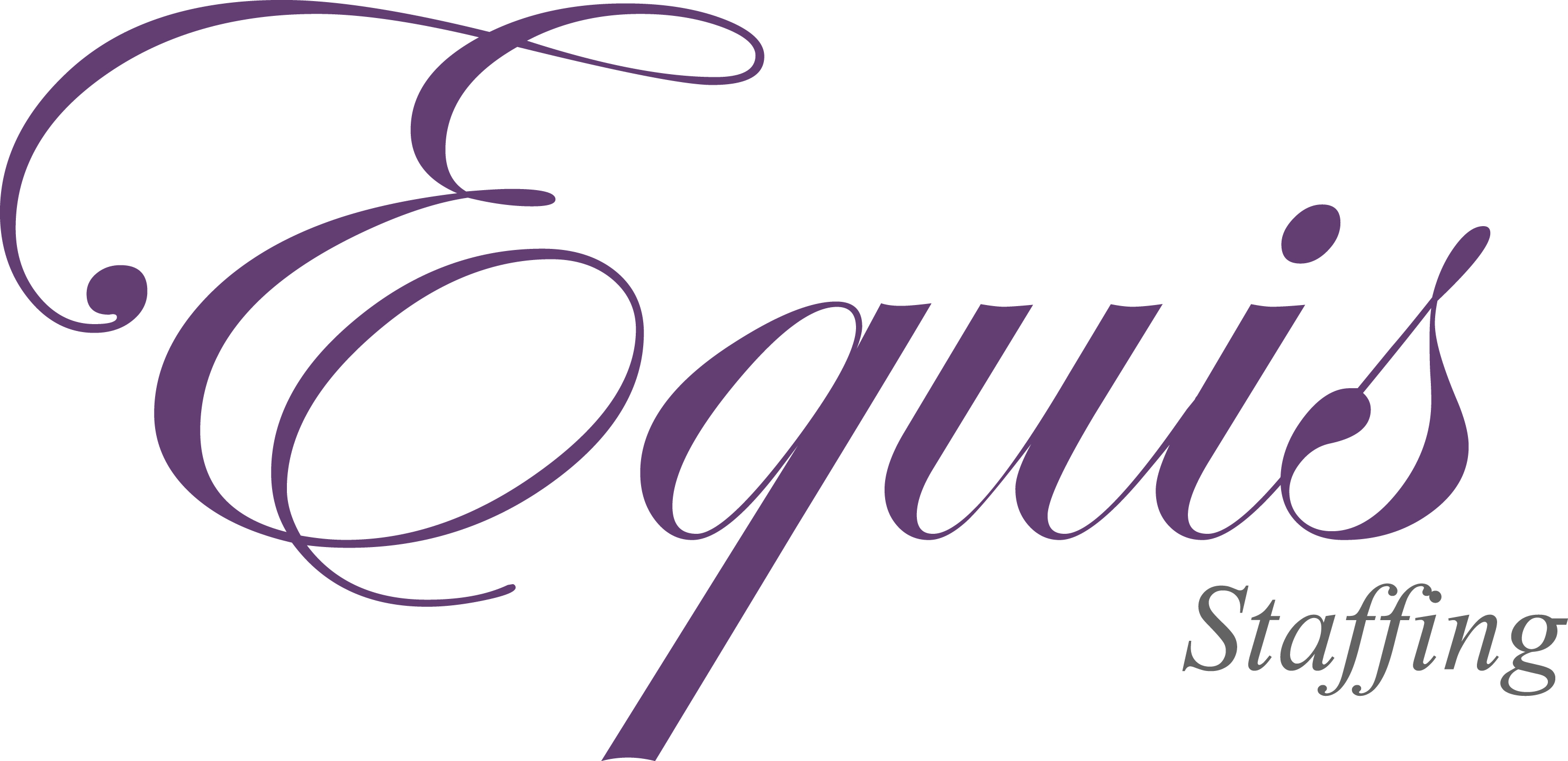 We've heard the story too many times. The hiring process gets off to a strong start, with top-notch candidates genuinely excited about the position - candidates who are a great fit for the position and your culture. Then comes the disappointment. Before an offer is made, the top candidates take other positions, and you are forced to shift to the second tier applications, or start again from scratch.
We've heard the story too many times. The hiring process gets off to a strong start, with top-notch candidates genuinely excited about the position - candidates who are a great fit for the position and your culture. Then comes the disappointment. Before an offer is made, the top candidates take other positions, and you are forced to shift to the second tier applications, or start again from scratch.
With unemployment lower than it's been since the 1960's and job openings outnumbering unemployed workers, you need to be at the top of your hiring game to ensure you hire the best available candidates.
Have you lost highly qualified candidates to a slow hiring process?
Data continue to back up what we've been telling clients for years - that the most qualified candidates go quickly, and slow processes lose those candidates. In a 2016 survey, 39% of respondents reported losing interest and pursuing other roles when faced with a lengthy hiring process, and 32% said that a protracted hiring process made them question the organization's ability to make other decisions.
There's more. In a 2018 survey by Careerbuilder and Silk Road, 55% of respondents said they move on to other openings when they have not heard from an employer within 2 weeks of applying; 51 percent report they've kept looking for other jobs even after an offer has been extended and the background check process is under way.
The data make us face what experience has tried to teach us. A top candidate's marketability does not fade when you start a hiring conversation with him or her. Nor does the candidate's life or ambition conveniently pause. Lengthy or slow hiring processes give applicants time and opportunity to lose interest or accept an offer from a faster moving competitor.
What can happen next is even worse. Pressured by the work that's not getting done and your fear that you will lose all of your job candidates, you may settle for a quick hire of that second tier candidate - and make a mediocre hire.
So in the world of hiring processes, you ask, what's slow? How lengthy is too lengthy?
While those answers will vary with the position and the level of screening you need to perform, here’s our best advice: eliminate delays. Plan for the end of the hiring process on the day you post the position, determining the target start date, salary range, desk location, training process - every detail.
Then eliminate delays during the process. Screen resumes quickly, call and interview candidates promptly and always leave no more than a few days between steps, such as first and second interview, or second interview and offer. In today’s tech and accounting markets, the top candidates find work quickly.
Acting quickly is likely to impress the right candidates, as well. If urgency, decisiveness and service are important parts of your company culture, demonstrate you're a “get things done” company during your hiring process. You’ll be surprised how often the “get things done” candidates will quickly recognize your company as a place they’ll fit right in.
Here are 4 Tips to Speed Up Your Hiring Process:
1. Plan all the way to the first day before you post.
2. Once you launch the search, respond quickly - then stay in touch.
3. Give the search the priority status if deserves. You are selecting a member of your team, a person who will represent your brand, serve your clients and support your employees. This is a person who will play a role in determining where your department or company will find itself in the years ahead. This is important.
4. Work your plan. Whatever your timeline for hiring, share it with candidates and then live to it.





.png)
Comments